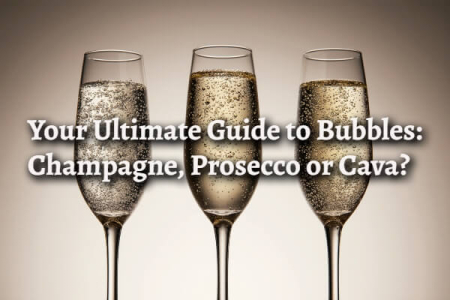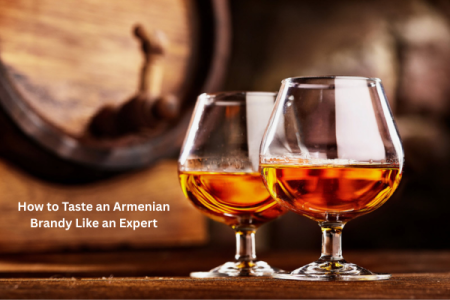Have you ever wondered where the word "whiskey" comes from? The same whiskey we drink on holidays or without any occasion. This word comes from the old Gaelic phrase "uisge beatha", which in turn means "water of life", and indeed for many people, whiskey is the water of life, as only drinking whiskey you get the feeling that you are a living person and active part of this world.
Now let's understand how the drink was created, which was able to surprise people for centuries and remain in the cabinet of favorite beverages.
Whiskey has been distilled in Scotland for hundreds of years. There is some evidence that the art of distillation may have been brought to the country by Christian missionary monks, but it has never been proven that highland farmers themselves discovered how to distill alcohol from surplus barley.
The earliest historical reference to whiskey was much later, Mr. J. Marshall Robb wrote about the creation and use of whiskey in his book "Scotch Whisky".
When King James IV was at Inverness in September 1506, his treasurer's accounts for the 15th and 17th of the month respectively had the following entries: "For ane flacat of aqua vite to the King...". It is likely that aquavitae meant alcohol in this case.
The earliest reference to a distillery in the Scottish Acts of Parliament appears to be in 1690 when it mentions the famous Ferintosh distillery, owned by Duncan Forbes of Culloden.
As we can see, people were making and drinking whiskey centuries ago. In ancient times, alcoholic beverages had a good reputation. Alcoholic drinks were used almost every day. Today everything is different, whiskey is considered a drink that you cannot drink in large glasses, like water, it should be enjoyed by taking small sips.
Sometimes whiskey is served with ice so that the pleasure of drinking whiskey lasts longer and has a more delicate taste. Among whiskey lovers, bourbon lovers are often found. But one shouldn’t confuse them, they are two completely different kinds.
From the history of whiskey production
Until now, whiskey was made by farmers or individuals, but soon the situation changed. Public and private distilleries began to be established, for example, Bushmills was the first legal distillery in Northern Ireland around 1608. Additionally, there were already some whiskey entries in the Scottish Acts of Parliament in 1690. Mention is made here of a whiskey still known as Fentosh, which was under the tutelage of Duncan Forbes of Culloden.
It was during this period that the long-established practice of making whiskey spread to the New World. In the 1600s, Scottish and Irish immigrants began to settle in areas around Canada and the United States. Soon they began distilling their new versions of whiskey.
Around Kentucky, they discovered that the lime content of the water almost perfectly matched what you would find in Scotland or Ireland. And here is the place where distilling began in America and gained world fame.
Whiskey played an important role during the American Revolutionary War. People produced whiskey in large quantities as a way to pay for goods and services outside the British Crown. The first commercial American distillery was then established by Evan Williams in 1783 near Louisville, Kentucky.
Whiskey has an interesting history, no one knows exactly who and when whiskey was created, but we know that we owe whiskey to the Scots. Each type of drink fills our life with more interesting and new colors.
Whiskey is now produced almost everywhere in America, Japan, Europe, etc. These are considered major producers, but one should not forget to try whiskey Armenia as well. It also has a distinctive taste and spirit characteristic of Armenian.
It is quite easy to buy Armenian whiskey, you can buy it in a store, and you can also order it online, where you will find such details as age, producer brand, etc. Buy whiskey and enjoy it, good whiskeys don't stay put for long, do they?















